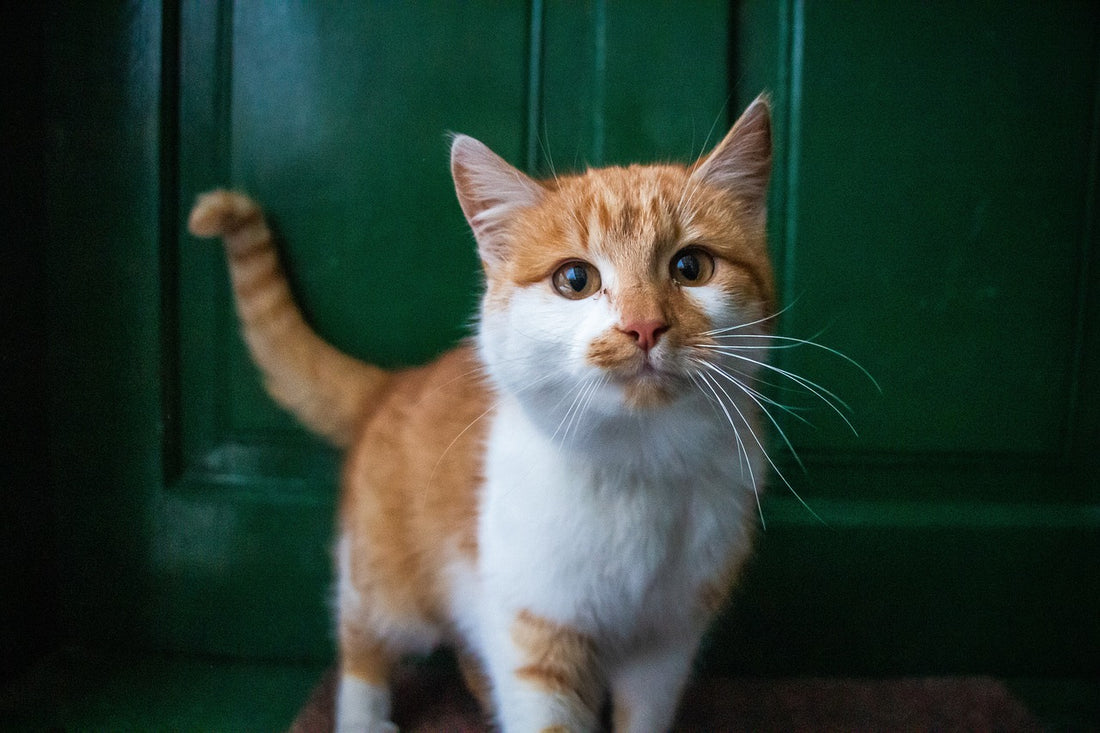As a dedicated cat owner, it is crucial to recognize the signs of urinary blockage in male cats, a serious medical condition that requires immediate attention. In this blog post, we will discuss the signs of urinary obstruction, why it's a medical emergency, and the necessary treatments to save your cat's life.
What is Urinary Blockage?
Urinary blockage occurs when a cat's urethra becomes obstructed, preventing urine from passing out of the body. This condition is particularly common in male cats due to their narrower urethras. It's not only painful but can be life-threatening within a short period.
Signs of a Blocked Cat
Being vigilant about your cat's urinary habits can be lifesaving. The symptoms of urinary obstruction include:
- Frequent visits to the litter box with little to no urine production.
- Painful vocalizations or crying, especially while attempting to urinate.
- Urinating in inappropriate places, such as on furniture or clothing.
- Physical signs of distress like vomiting and lethargy.
If you notice any of these symptoms, it is essential to seek veterinary care immediately.
The Dangers of Urinary Blockage
If untreated, the blockage can cause the bladder to continue to fill, leading to rupture or kidney failure. The buildup of toxins and pressure can result in a painful death within days or even hours.
Treatment for Urinary Blockage
The treatment for a urinary blockage typically involves the placement of a urinary catheter to relieve the obstruction and drain the bladder. This procedure, often performed under anesthesia, allows the removal of blockages, which may include crystals, mucus, or small stones. Post-procedure care might include medication to manage pain and prevent further issues, dietary changes, and monitoring urine output closely.
Prevention and Early Intervention
Regular veterinary check-ups can help detect early signs of urinary problems. Diet plays a crucial role in prevention, with many vets recommending specially formulated foods that minimize the risk of crystal formation. Additionally, ensuring your cat has access to clean, fresh water at all times encourages regular urination, which helps flush the urinary tract.
Conclusion
Urinary blockage in male cats is a severe condition that demands immediate veterinary attention. Recognizing the early signs and seeking prompt treatment can save your cat from severe pain and potentially fatal complications. As responsible pet owners, staying informed about such critical conditions can make a significant difference in the health and well-being of our feline friends.

